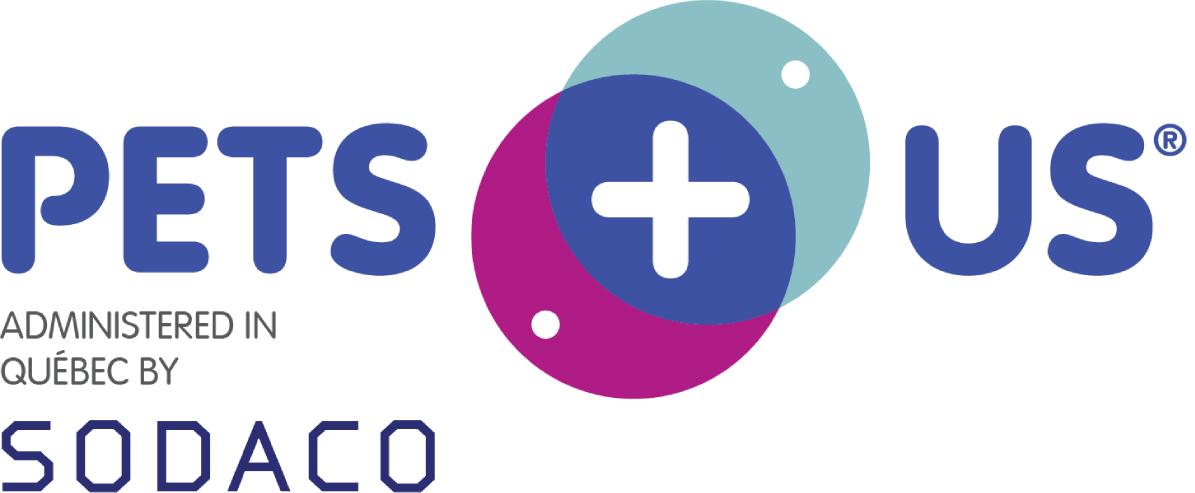How Toxic are these Holiday Plants? Signs Your Pet Ingested One & What to Do
There are many holiday plants that we enjoy this time of year. Although our friends and family love them, some can be toxic to our pets. Find out how toxic these plants are, the symptoms your pet ingested one and what you can do as a pet parent.
Poinsettias
Toxicity level: Limited
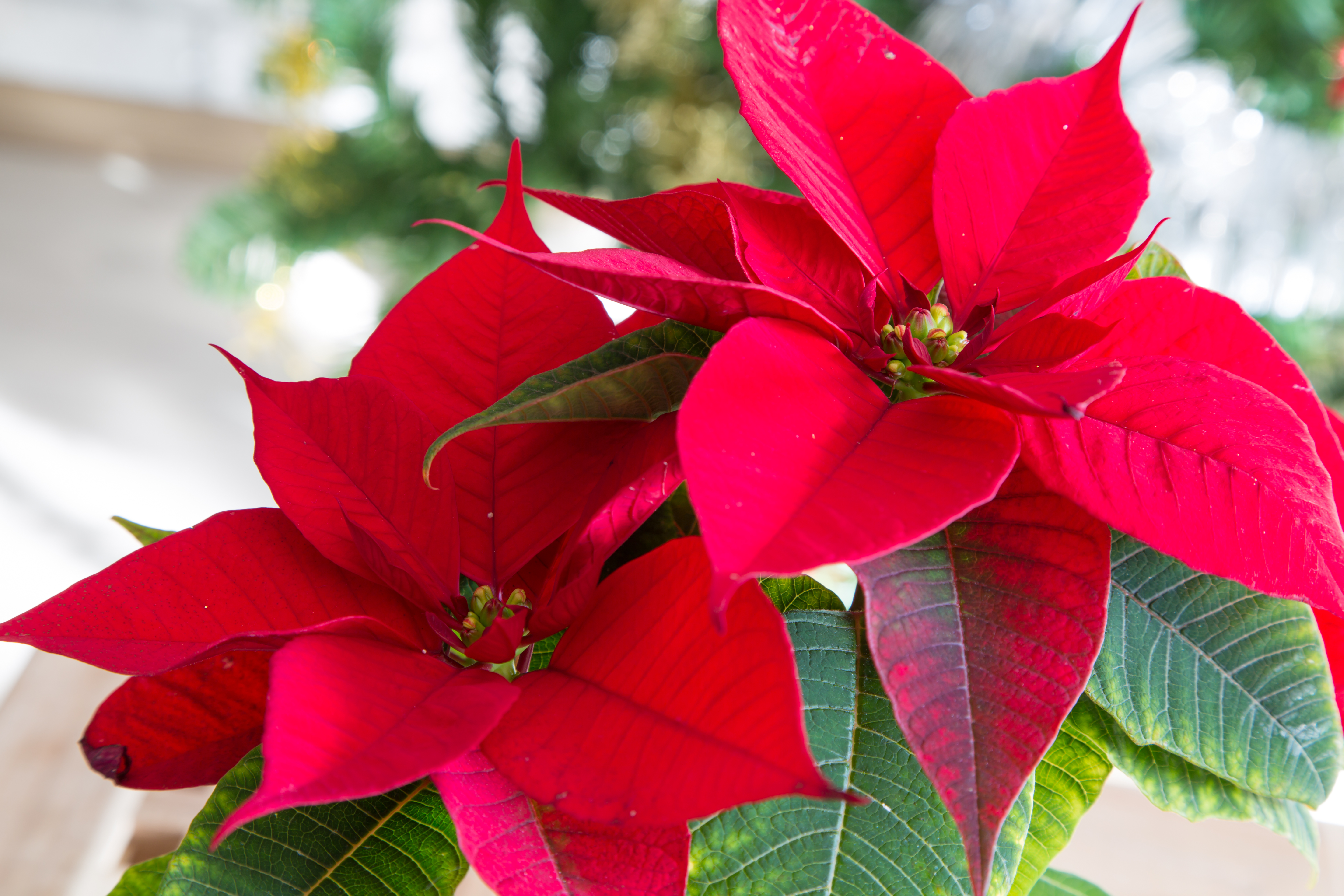
Although many believe poinsettias to be very toxic to pets, the risks associated with them are limited. The sap from the stems and leaves of the plant can irritate your pet’s mouth, causing excessive salivation and possibly vomiting. However, these symptoms often clear up on their own and may not require medical attention. If your pet ingests poinsettia, consult with your vet to determine the best course of action.
Mistletoe
Toxicity level: Limited
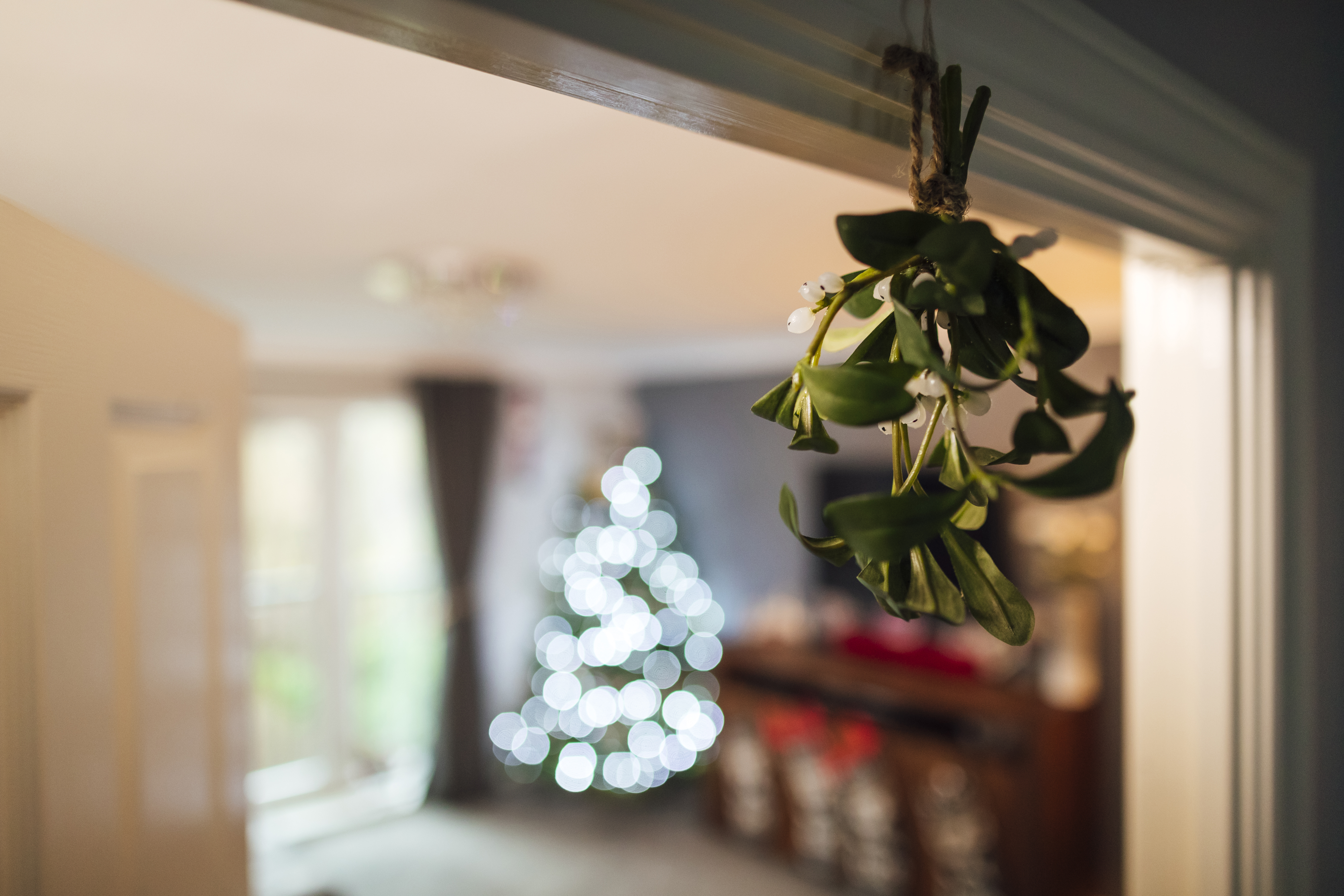
There are several different types of mistletoe, but the European varieties are the most likely to cause issues with pets. If ingested, your pet may experience salivating, vomiting or diarrhea. In the uncommon event of them eating a large quantity of leaves and berries, their symptoms may be significant enough to require veterinary intervention.
Christmas cacti and English holly
Toxicity level: Limited
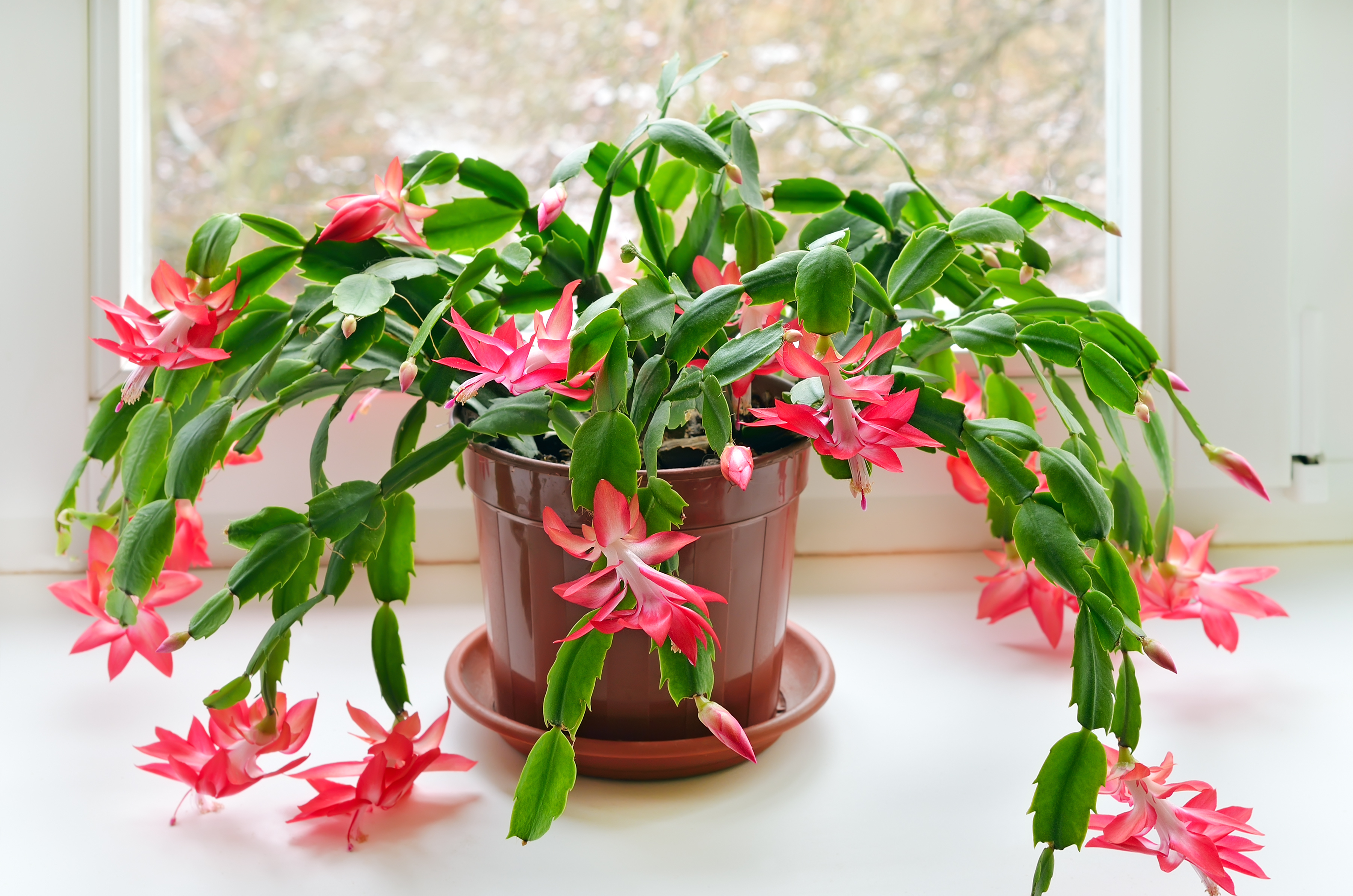
(Christmas Cacti)
Cacti or holly may lead to drooling if ingested due to the physical irritation caused by the spiked leaves. In most cases, your pet’s gastric juices will soften the leaves so they can be passed easily, so inducing vomiting is not usually recommended.
Amaryllis bulbs
Toxicity level: Moderate
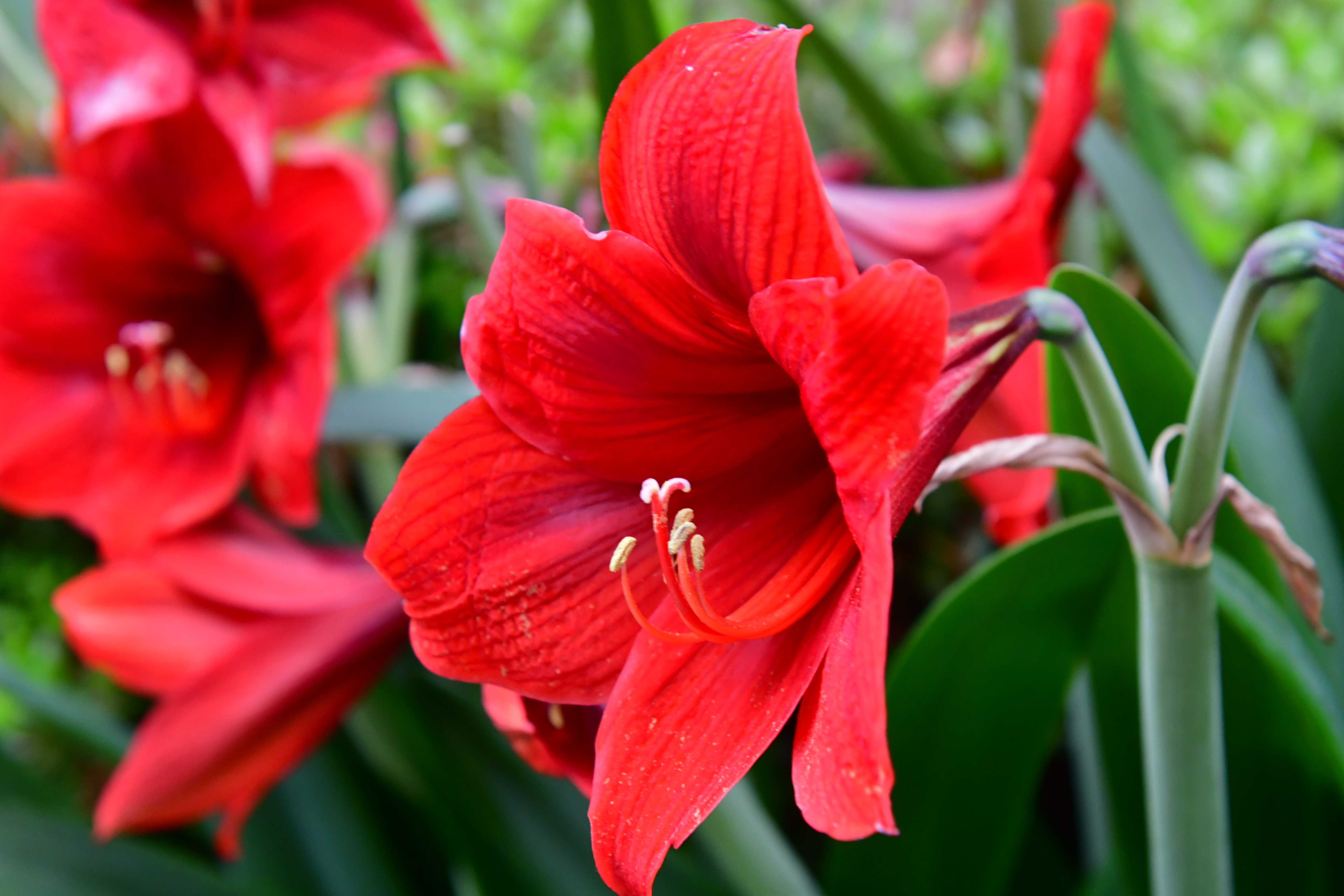
Amaryllis bulbs are planted in November and begin to flower by Christmas. If your pet decides to ingest the leaves, stem or bulb of this plant, they may experience drooling, vomiting or bloody diarrhea. Symptoms commonly last around a day. In some cases, your pet may show signs of extreme restlessness, tremors or seizures. In these cases, it is important to seek veterinary care as soon as possible.
Japanese yew
Toxicity level: High
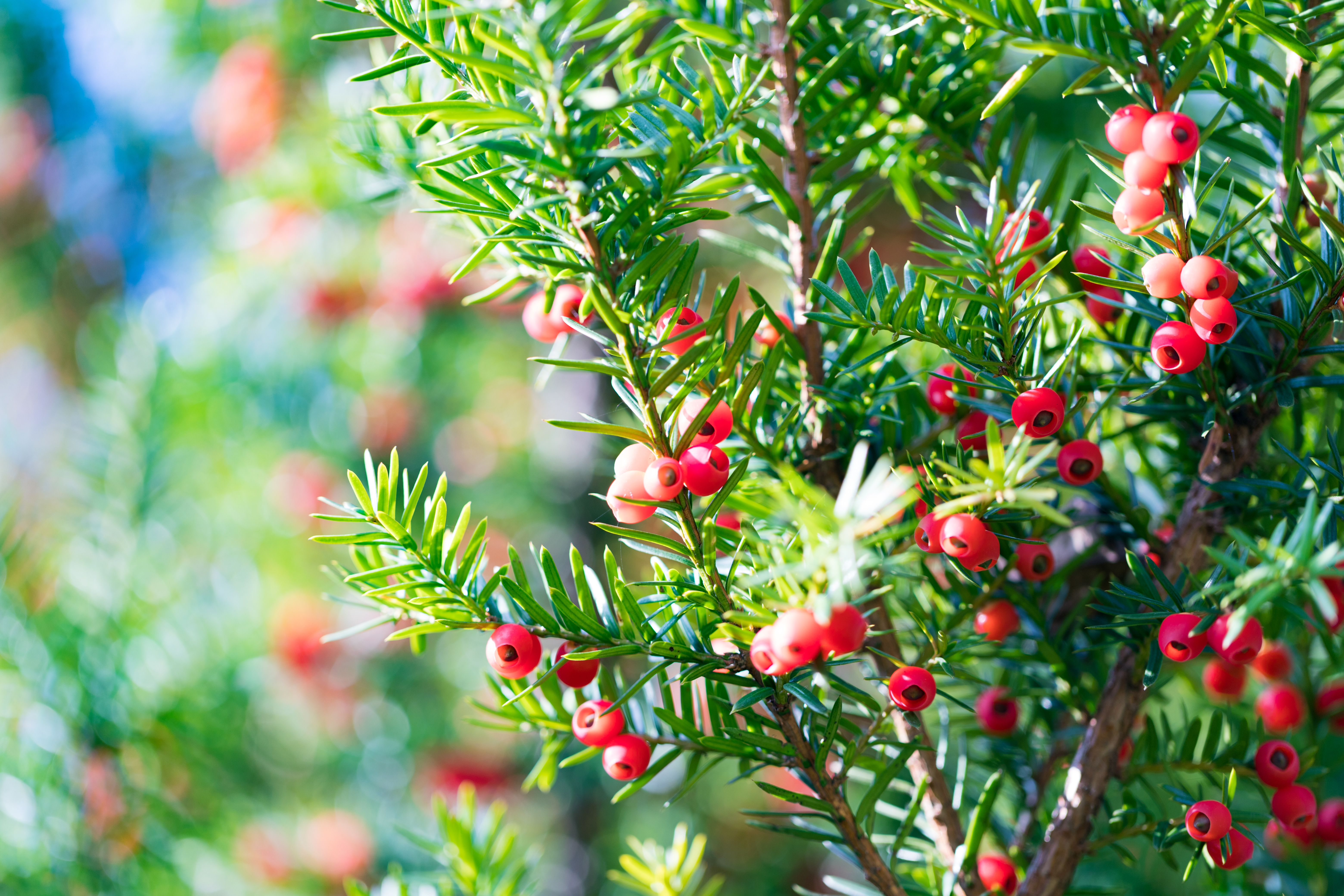
The Japanese Yew, a common evergreen shrub, is much more dangerous than the previously mentioned plants. They are known as the “Tree of Death” and their toxicity increases in the winter. The plant branches are commonly used with other plant limbs to make holiday wreaths. As the wreath dries over time, the needles fall to the ground, creating a hazard for pets. The hazardous toxin targets the heart, and just a few grams can be fatal to a small dog (a gram is about the weight of a paper clip or a M&M candy.) If you believe your pet has ingested any part of the Japanese Yew, seek veterinary care immediately. Due to the toxicity of this plant, it is best to avoid having them in your home.
Lilies
Toxicity level: High
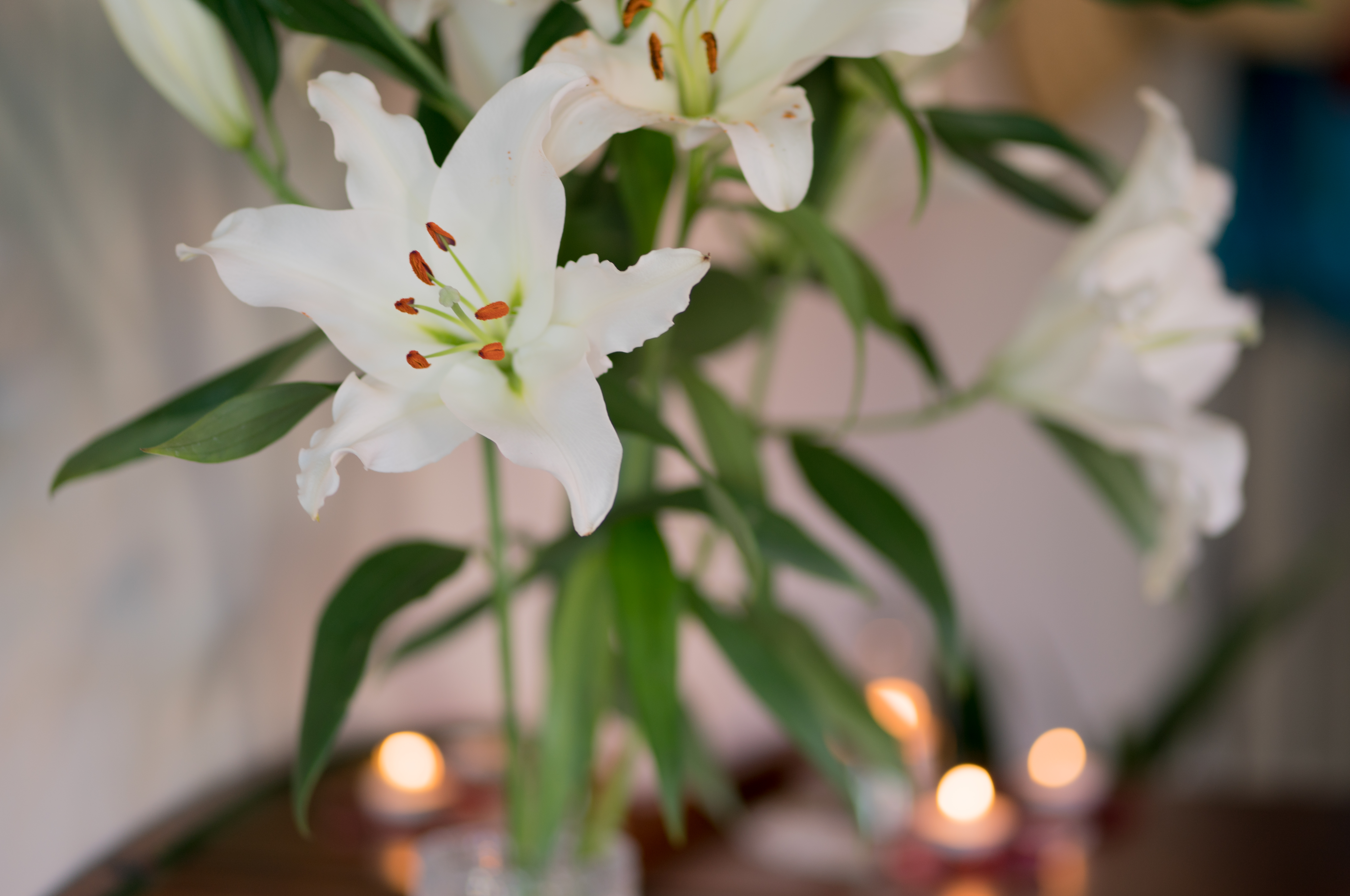
True lilies, such as Easter lily, Day lily, Stargazer lily and all Asiatic lilies, are highly toxic to cats, but are not a concern to dogs. Peruvian lilies are not true lilies and therefore are not a concern to your pet. Cats who have been exposed to true lilies through direct or indirect ingestion, or from grooming themselves after brushing up against the flower and getting pollen on its coat, can experience rapid and significant kidney failure. Cat owners should avoid plants or bouquets of flowers that contain true lilies. If you think your cat has been exposed, then immediate and aggressive veterinary care is required. If caught early, the prognosis is good. If not treated within the first 18 hours, the outlook is very grim.
Even though the holiday season is a time for fun and festivities, remember to be careful as to what plants and flowers come into your house. Anything new will be especially interesting to your inquisitive pets.
Keep your pet protected with pet insurance from Pets Plus Us.
